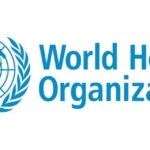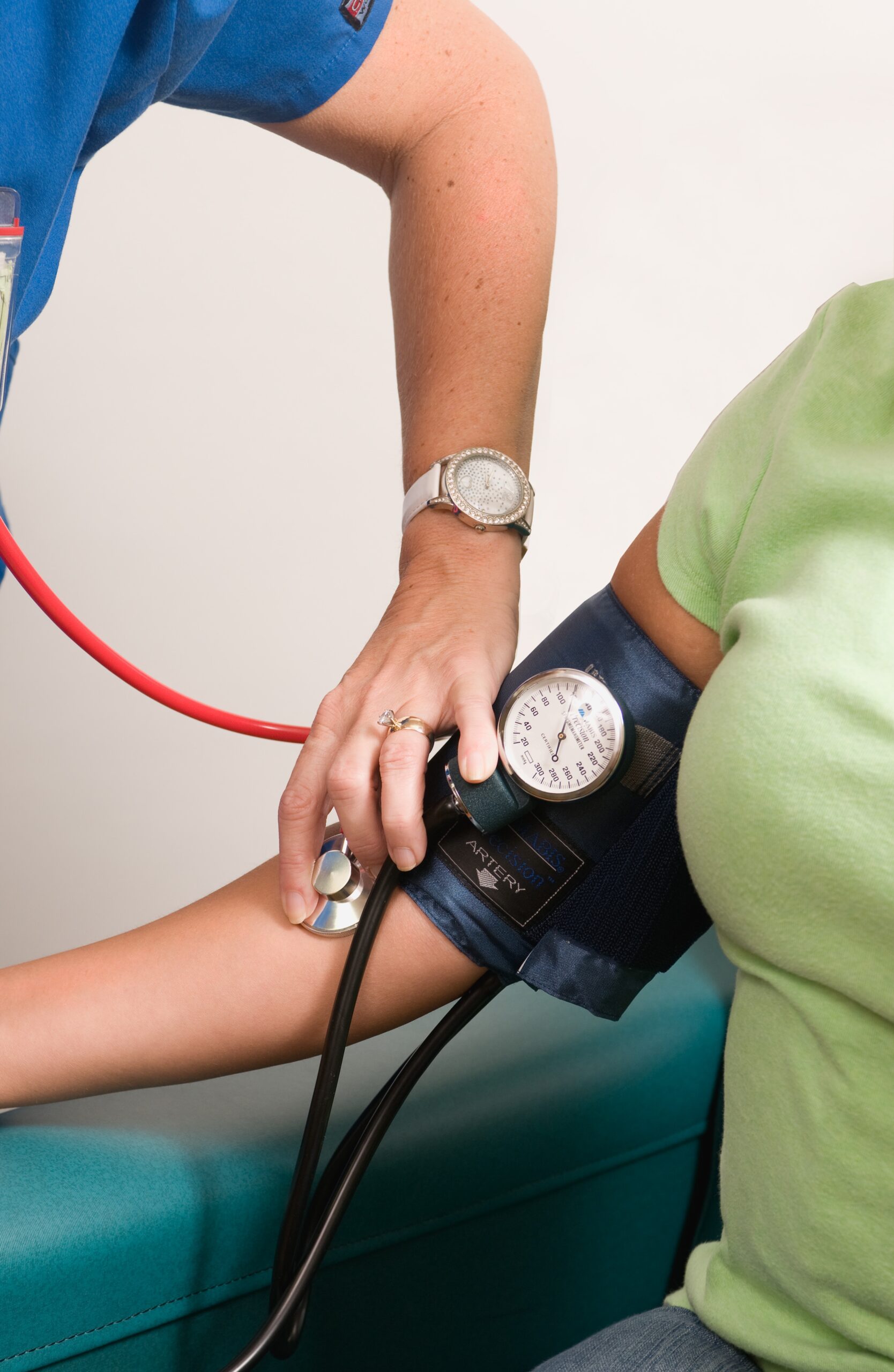WHO Report reveals global impact of Hypertension and urges action

The World Health Organization (WHO) has unveiled its inaugural report on the worldwide devastation wrought by high blood pressure, offering critical recommendations to combat this silent but deadly menace. The report’s stark findings show that roughly 4 out of 5 individuals with hypertension do not receive adequate treatment, yet the potential to avert 76 million deaths between 2023 and 2050 exists if countries can enhance their coverage.
Hypertension’s Silent Peril
Hypertension, affecting one in every three adults across the globe, represents a common and life-threatening condition that can lead to severe health complications, including strokes, heart attacks, heart failure, and kidney damage.
The statistics reveal a staggering surge in the number of individuals living with hypertension, defined as having a blood pressure of 140/90 mmHg or higher or being on hypertension medication. Between 1990 and 2019, this number doubled from 650 million to a staggering 1.3 billion. Alarmingly, nearly half of these cases remain undiagnosed. What’s more, over three-quarters of adults grappling with hypertension reside in low- and middle-income countries.
Factors at Play
While older age and genetics can elevate the risk of developing high blood pressure, numerous modifiable factors, such as a high-salt diet, physical inactivity, and excessive alcohol consumption, also contribute to hypertension.
Empowering Change through Lifestyle Adjustments
Adopting a healthier diet, quitting tobacco use, and embracing a more active lifestyle can significantly reduce blood pressure. In some cases, medication is necessary to control hypertension effectively and stave off related complications.
The Economic Argument for Action
The prevention, early detection, and effective management of hypertension stand among the most cost-effective healthcare interventions, far outweighing their costs by approximately 18 to 1. Dr. Tedros Adhanom Ghebreyesus, WHO Director-General, emphasizes that while hypertension can be controlled with simple, low-cost medication regimens, a mere one in five individuals with hypertension manages their condition. Strengthening hypertension control programs, he asserts, must be a fundamental component of universal health coverage.
A Global Imperative
This groundbreaking report is unveiled during the 78th Session of the United Nations General Assembly, where discussions center on progress toward Sustainable Development Goals, including pandemic preparedness, ending tuberculosis, and achieving Universal Health Coverage. Improved prevention and control of hypertension are deemed essential for advancements in these areas.
A Promising Path Forward
Scaling up treatment for hypertension to levels seen in high-performing countries has the potential to prevent 76 million deaths, 120 million strokes, 79 million heart attacks, and 17 million cases of heart failure by 2050. Michael R. Bloomberg, WHO Global Ambassador for Noncommunicable Diseases and Injuries, underscores the potential for saving lives and billions of dollars annually by treating hypertension through primary healthcare.
Proven Solutions: The HEARTS Program
Hypertension can be effectively treated with safe, widely accessible, and low-cost generic medications, utilizing programs such as HEARTS. WHO’s HEARTS technical package for cardiovascular disease management in primary healthcare, along with the Guideline for the pharmacological treatment of hypertension in adults, provides practical steps for delivering efficient hypertension care in primary healthcare settings.
Global Success Stories
Effective management of blood pressure is attainable across countries, regardless of income levels. Over 40 low- and middle-income countries, including Bangladesh, Cuba, India, and Sri Lanka, have bolstered their hypertension care through the HEARTS package, enrolling more than 17 million people in treatment programs. Countries like Canada and South Korea have implemented comprehensive national hypertension treatment initiatives, both achieving over 50% blood pressure control in adults with hypertension.
A Call for Commitment
The report underlines the critical importance of implementing WHO-recommended effective hypertension care, which consists of five key components:
- Protocol: Streamlined treatment protocols that specify dose- and drug-specific actions to manage uncontrolled blood pressure.
- Medication and Equipment Supply: Ensuring regular, uninterrupted access to affordable medication, addressing price disparities between countries.
- Team-Based Care: Collaborative care among healthcare teams to adjust and intensify medication regimens following established protocols.
- Patient-Centered Services: Reducing barriers to care by offering easily administered medication regimens, free medications, and accessible follow-up visits, along with readily available blood pressure monitoring.
- Information Systems: Simplified, user-centered information systems that streamline patient data recording and reduce data entry burdens on healthcare workers.
Dr. Tom Frieden, President & CEO of Resolve to Save Lives, highlights the urgency of the situation, noting that most heart attacks and strokes globally can be prevented through accessible, affordable interventions, including sodium reduction. The challenge now, he states, is to turn “within reach” into “reached” through the commitment of governments worldwide.



